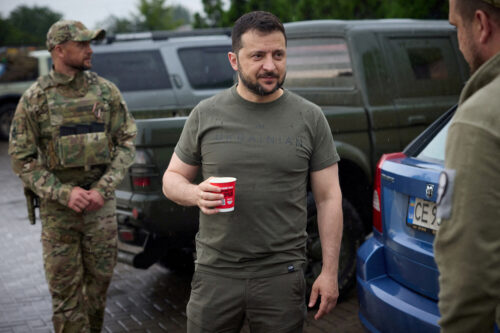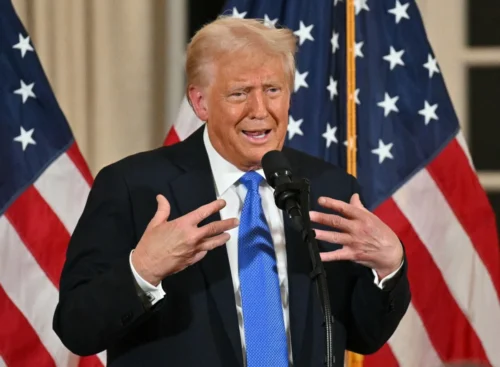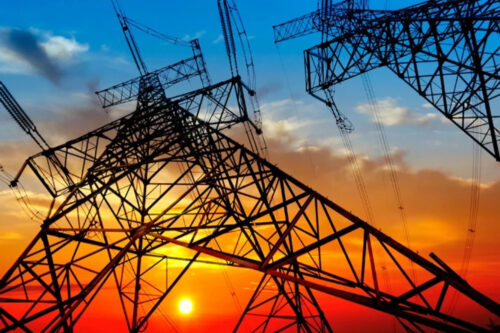
Our Homeland now seems like a sick parent whom we have no right to leave alone
ABC interview’s guest was Inga Arshakyan. The singer believes that although the situation in the country is unstable, she returned to Armenia at the right time… The Homeland now seems like a sick parent whom we have no right to leave alone. Inga is sure we will not be defeated, as long as our mind and soul are not defeated…
The singer returned to the homeland with many plans, having missed the stage and singing. According to Inga, there are many tools for popularizing Armenian songs; we just need to know how to use them correctly.
– Inga, what songs would you sing in today’s Armenia? Would it be something to wake people up, songs about Armenia or something else?
– What we have always sung; nothing has changed: the songs of our ancestors, because nothing is new. We can’t look at the situation through rose-tinted glasses, even in songs, and say that everything is fine. But of course, we should not be overcome with grief forever; we have to deal with it. It is interesting that even in our lullabies, pain and war are sung; there are songs that prepare a man for a battle. We can see difficulties and pain even in the songs about work and about making bread. It lies in our history; nothing has changed, in fact. Human values have remained the same. Yes, there should also be songs about the Homeland, awakening songs, inspiring songs, yes, songs telling about pain, songs spreading love. We should sing songs refining the human soul, and not spoiling it, not ones making it indifferent. There is a bit too much indifference now, and I think the reason for this is the spread of false values.
– When talking to you, I get the impression that you are at peace with yourself. There is such harmony and calmness in you, as if nothing bothers you. Is it really so? Are you at peace with the world, or does something bother you?
– I feel good next to my close ones and family; I feel fairly peaceful. I also feel good because I am in my homeland; but there are circumstances that are of concern to us all. I am a part of this nation and country, and of course, what hurts everyone, hurts me as well.
– And at such times, don’t you regret that you came to Armenia from the United States? Now there are both external threats and internal instability.
– On the contrary, it is now that one should be next to his/her country. If one’s close one is ill, he/she should be by his/her side at that time. How can you understand who your close one is? You can feel it when you find yourself in a difficult situation. The more of our compatriots are here, the stronger we will be; there will be others sharing our pain. I want to say that Diaspora Armenians have a highly significant role and maybe the help they provide from there, they might have not been able to do here. We probably wouldn’t have Aznavour if he hadn’t lived there; maybe we wouldn’t have many famous architects and doctors if they hadn’t stayed abroad. There should be people who will be able to reach out and help from abroad, as well as people who will keep the rear here.
– And the idea that you have a Homeland far away, although a small one, beset with many problems, facing a number of challenges, but a Homeland… Does that idea give you strength or weaken you?
– The majority here—and it is not a secret—have lost hope because they have seen war, they have seen the loss of their homeland, and even after that, they have stood up… We will not be defeated as long as our mind and soul are not defeated. Yes, lands have been ceded, yes, our compatriots moved from Artsakh to Armenia, and yes, it is very difficult to talk about it, but we had many losses: A generation of young people fell. We all experience it, but we must realize that we have a young generation that will grow up and be our future. We must realize that we cannot break them. I don’t want to impose my ideas on others, but I think that if you leave your home, anyone will come and take it. If your mother is sick, your Homeland is sick, you should be there for her. Homeland is your home, your place, your father, your mother, your parents. I value being here very much, and I want my children to grow up with this land, water and air…
Interview by Lena Gevorgyan


